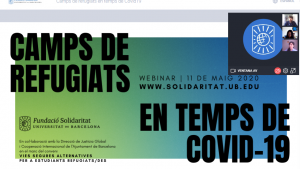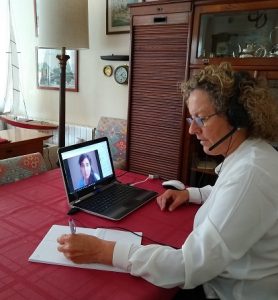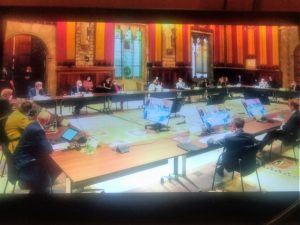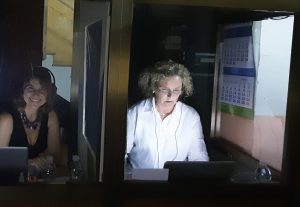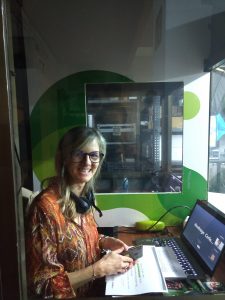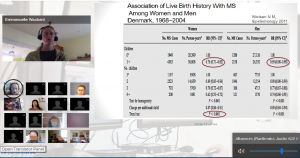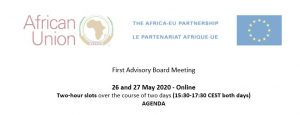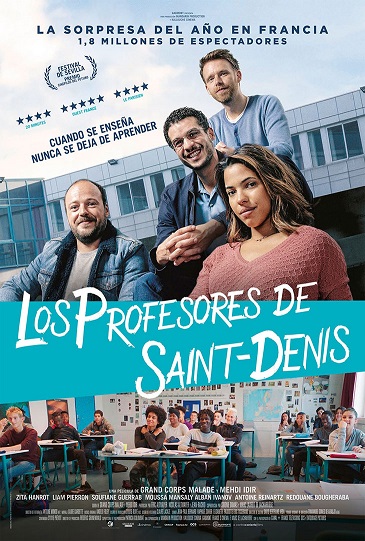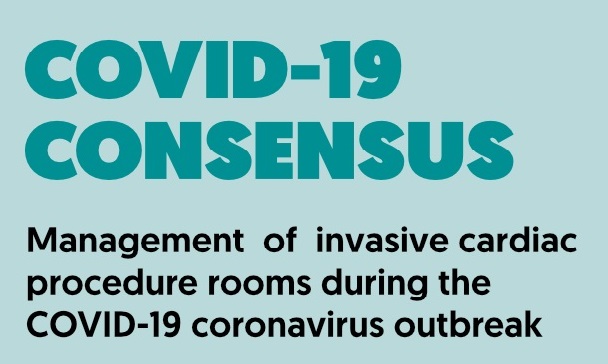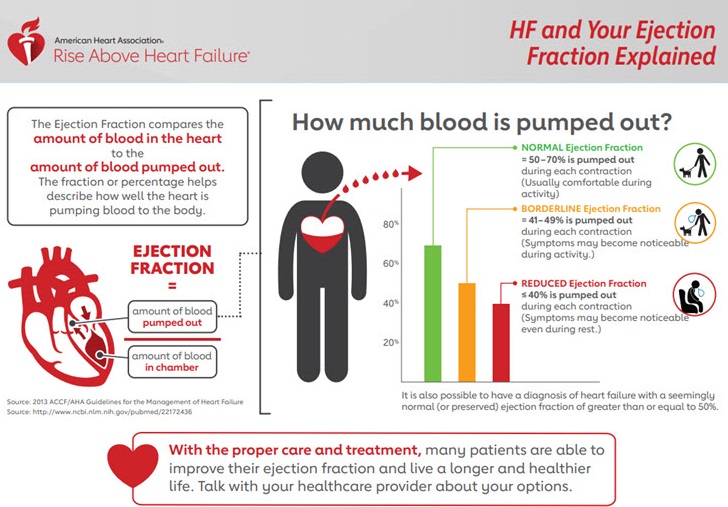The UB Solidarity Foundation organised a second webinar on responses to the pandemic in the refugee camps. The event was attended by Mª Jesús Vega Pascual, Head of communication at the United Nations High Commissioner for Refugees, Lorraine Lette; a lawyer at the Lesbos Legal Center and the testimony of Congolese student, Roger Subira, selected by the Universitat Refugi programme who was unable to reach Catalonia when lockdown and the state of alarm was declared in Spain.
Roger is currently following the transition course to the University of Barcelona from the refugee camp where he lives in Uganda. Among other problems Roger highlighted: the lack of access to computers, the lack of access to internet, the cuts in the electricity network, the saturation of the refugee camp. Many depend on the United Nations World Food Programme’s donation of less than $60 per person per month, as they cannot travel to other activities for their livelihoods.
In the refugee camp he pointed to cases of domestic violence affecting women and children without the authorities intervening, malnutrition and poverty, increased crime rates and unwanted pregnancies among adolescents.
